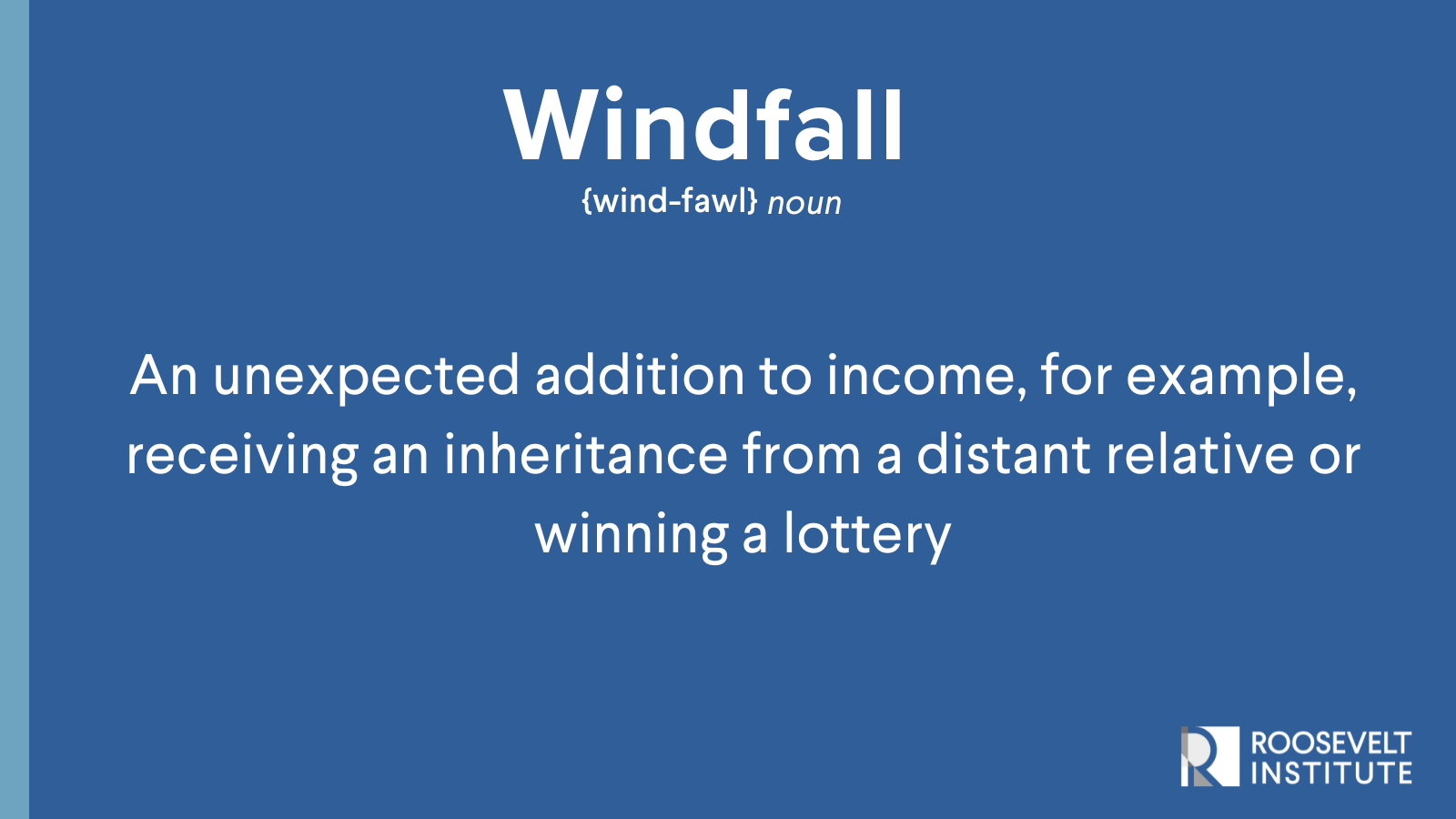What the Evidence on Cash Transfers Says about Reparations
May 18, 2023
By Shahrzad Shams
Any vision for a better tomorrow requires addressing the centuries of economic, political, and social exclusion borne by Black communities. To do so, both policy design and implementation must deliberately seek to repair past race-based harms; it is not enough to focus solely on the future without accounting for and repairing past harms.
Scholars and activists have called for a range of policies that center the recognition of past harms to various historically marginalized groups. Systemic reparations, for example, would dismantle the racial wealth gap by providing direct cash payments to American descendants of slavery. Other policies, such as student debt cancellation, can also help to repair massive racial wealth disparities, as Black borrowers are particularly burdened by debt and would therefore especially benefit from relief.
But despite the documented empirical effectiveness of these and other reparative policies, these proposals must overcome the hurdle that cash transfers are often falsely portrayed as “windfalls” that will inevitably be spent irresponsibly, undermining their intent—beliefs based on racist stereotypes painting Black people as “fiscally reckless.”
In a new report, Understanding the Effects of Windfalls: What People Do with Financial Payouts, and What It Means for Policy, Roosevelt Institute Senior Fellow William A. “Sandy” Darity along with co-authors at the Samuel DuBois Cook Center on Social Equity at Duke University Katherine Rodgers, Sydney A. Grissom, and Lucas Hubbard dispel these arguments by examining studies of how people respond to both large and small windfall payments—defined broadly as any cash infusion to an individual’s or household’s financial status, whether from government payouts, dividends, tax refunds, inheritances, lottery winnings, or any other non-primary source of income. They point to evidence examining individuals’ post-windfall behavior that finds that cash infusions provide benefits that enable long-term wealth-building by allowing for pursuit of different employment options, the space to make smarter consumption choices, and the ability to access a class of safer investment tools.

One study of lottery winners, for example, found that most winners show reserve in their spending, with a majority of participants exhibiting a preference to place their money in the bank. Others show that the additional financial resources reaped from lottery winnings lead to increased college attendance. People have also been shown to spend smaller windfalls, such as income supplements, on essential goods such as food and clothing.
There is no evidence to suggest, as some argue, that reparations would actually worsen the situation of Black Americans.
These arguments stem from the racist assumption that the root of racial economic inequality is Black dysfunctional financial behavior, not policy decisions made throughout American history that created systems of racial oppression.
But as Darity and others have shown, the disparity between Black and white wealth is not a result of reckless spending or financial irresponsibility, but of decades of federal policies that have served to maintain a racial caste system in the United States.
As we continue to confront the race-based economic atrocities inflicted upon people of color, we must acknowledge our nation’s ugly history and provide concrete means of repairing it. To do that, we have to dispel the inaccurate notion that correcting for past injustices somehow amounts to “handouts” or that reparative actions would be “irresponsibly wasted.” The findings of Understanding the Effects of Windfalls are an essential step in debunking these racist myths.
